This, the first in a series of six poems (see parts two, three, four, five and six for the rest) shows Anti-Apartheid protest at a very local level.
O Thembu, pardon me for a while;
I wish to fly over like a monkey to the Minister…
Oral Poetry from Africa
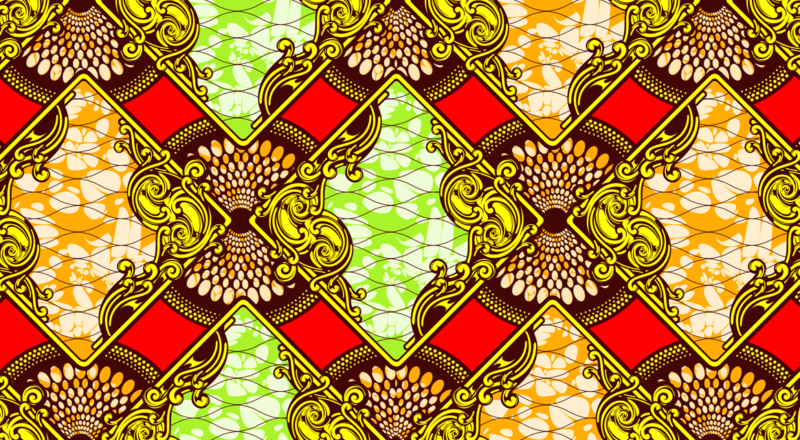
Filed Under: Protest & Satirical Poems
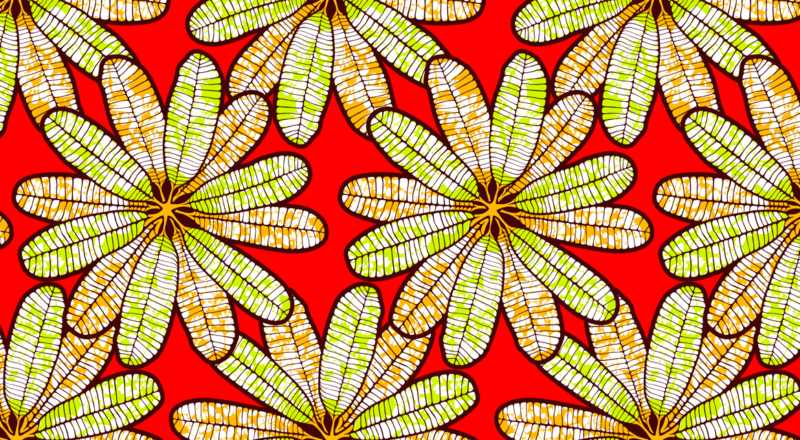
Filed Under: Protest & Satirical Poems
A Hausa example of something that happens across West Africa, but is not often recorded. A singer accosts a prominent person in public, in this case a merchant, and begins praising him. But the praises are ambiguous, and unless the singer is rewarded, they slip into savage satire.
There is no god but Allah,
this is the praise of Allah…
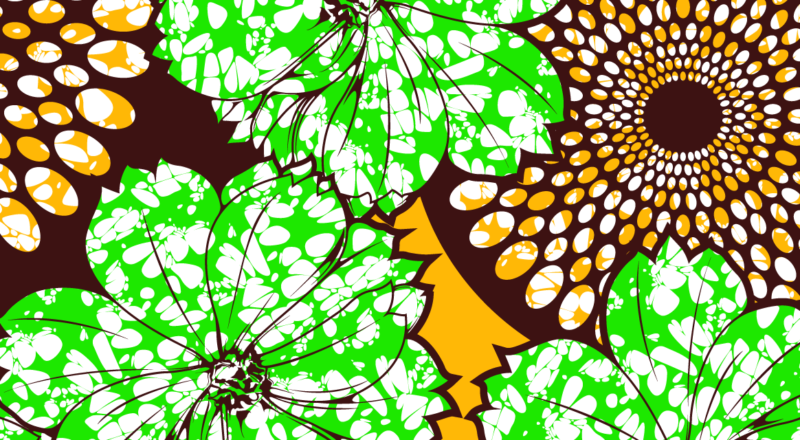
Filed Under: Protest & Satirical Poems
A song of the Ashanti people from Ghana, humorously pretending to sympathise with the poor chicken which is always used in sacrifices.
Fowl, condolences, poor, poor, poor fowl;
Fowl, condolences, poor, poor, poor fowl…

Filed Under: Protest & Satirical Poems
A Dinka song from southern Sudan, commenting in satirical fashion on the vanity and greed of the gentleman in question.
I saw a gentleman the other day:
He had coils on his lower arm…
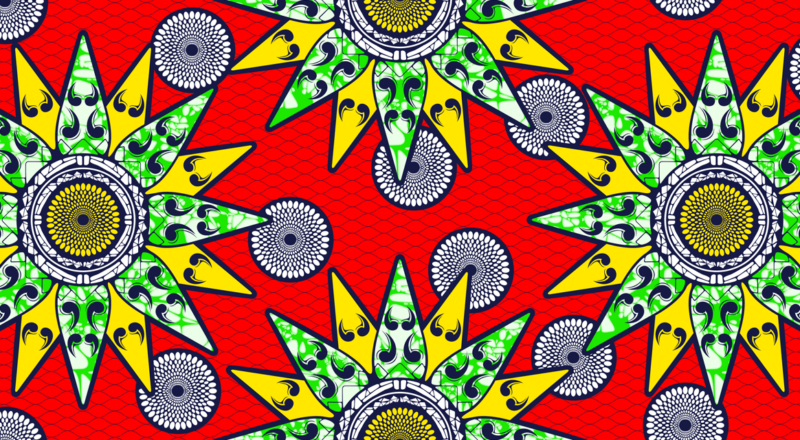
Filed Under: Protest & Satirical Poems
Another in our series of Chopi Migodo, from Mozambique, collected by the great ethnomusicologist Hugh Tracey. In Gomukomu’s Ng’godo for 1942/43, work, taxation, and their effects on women are the dominant themes, against the background of oppressive Portuguese rule.
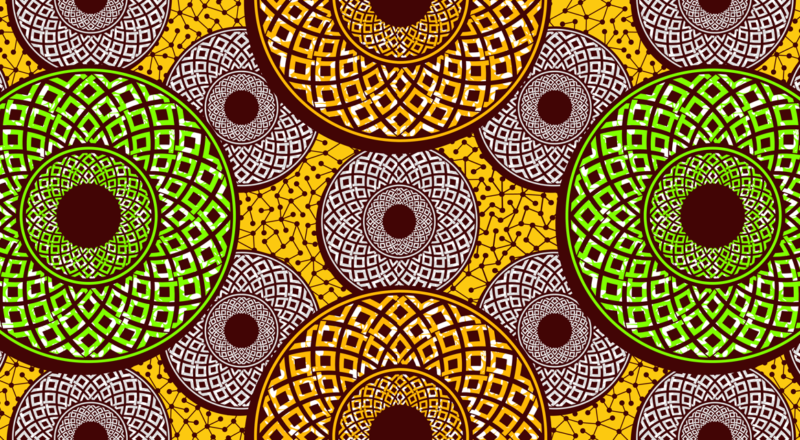
Filed Under: Protest & Satirical Poems
The Tumbuka people live in eastern Zambia and northern Malawi, their homeland split by the border drawn by the British in 1890. But forty years before, the Tumbuka had suffered an earlier invasion, by Ngoni people fleeing the rise of the Zulu nation in south-east Africa. After many wanderings, the Ngoni settled in the Tumbuka heartlands, bringing with them a new cattle-based economy, new patterns of settlement and new systems of marriage.
We, today’s orphans,
We, today’s orphans…

This site opens a window on something that will be new to most people, namely, the vast amount of superb poetry hidden away in the 3000 different languages spoken in Africa … More